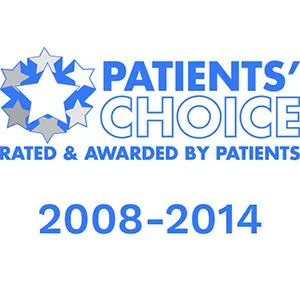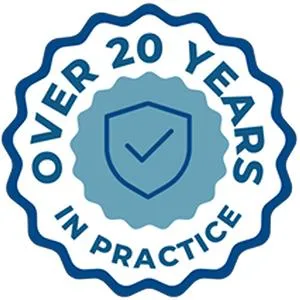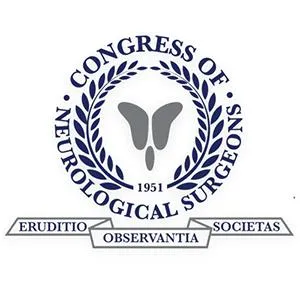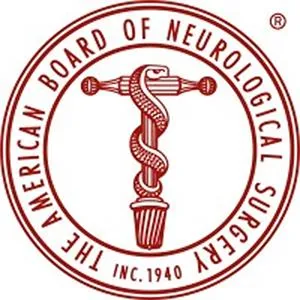Non-Invasive
EMG/NCV Diagnostic Nerve Testing
Pinpointing Nerve Problems with Precision
When patients experience numbness, tingling, weakness, or unexplained pain, it isn’t always clear whether the problem comes from the spine, a pinched nerve elsewhere, or another medical condition. That’s where EMG/NCV diagnostic testing comes in. At Desert Spine and Pain, we use this advanced testing method to confirm or rule out nerve disorders. Under the guidance of Dr. David L. Greenwald, M.D., FAANS, FACS, one of the nation’s top neurosurgeons, these studies help us build the most accurate and effective treatment plan possible.

Over 100 5-Star Reviews!

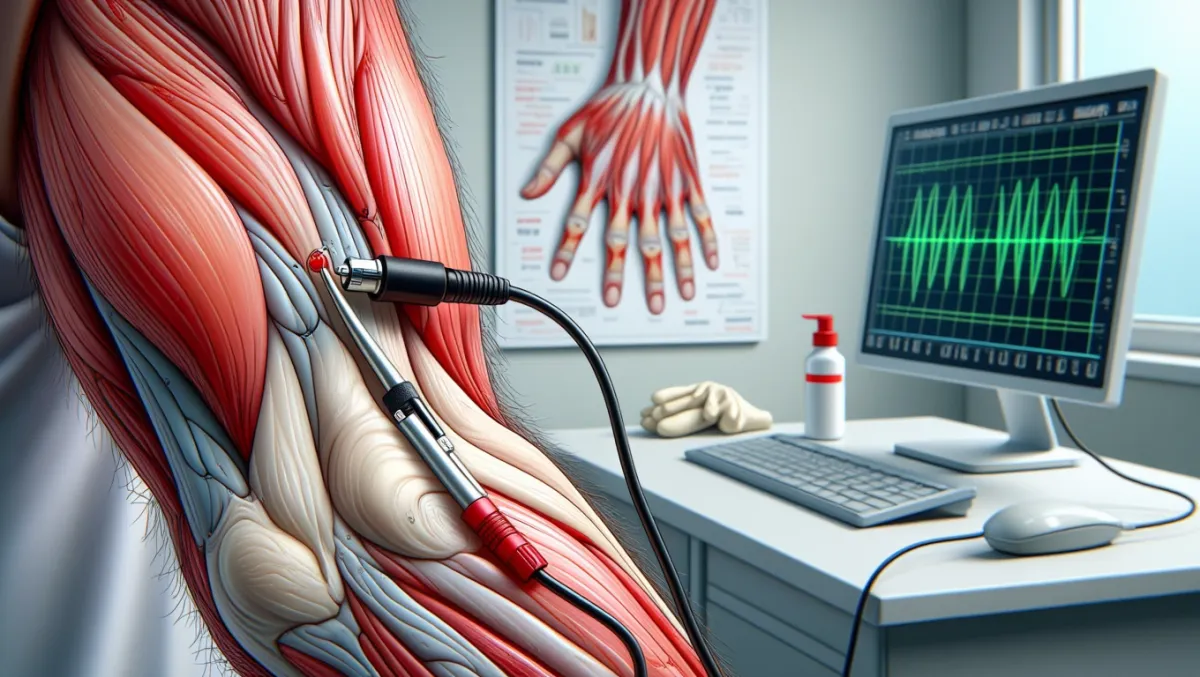
What Is EMG/NCV Testing?
In simple terms: EMG/NCV tests measure how well your nerves and muscles are working together.
Scientifically:
Electromyography (EMG) records electrical activity in muscles at rest and during contraction. Abnormal signals suggest nerve or muscle disease.
Nerve Conduction Velocity (NCV) measures how quickly and strongly electrical impulses travel along nerves. Slowed or weak signals suggest nerve damage or compression.
Together, these tests give a detailed picture of whether your symptoms are caused by a nerve root issue in the spine, a peripheral nerve entrapment, or another condition like neuropathy.
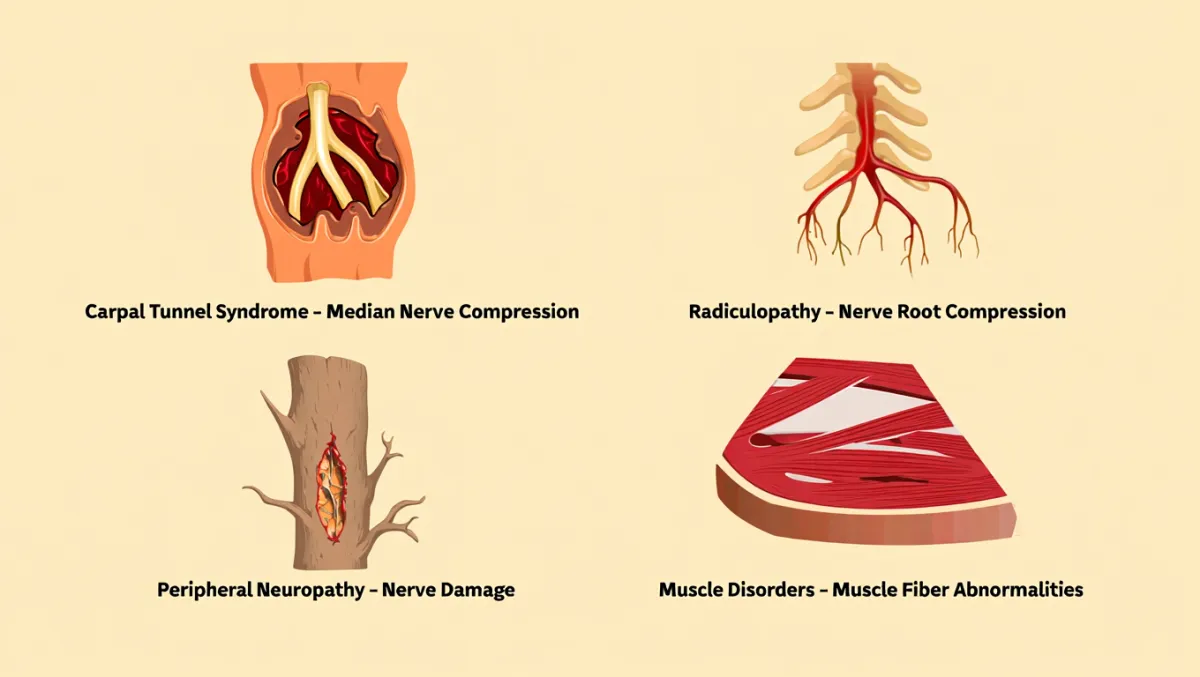
When We Use EMG/NCV Testing
Radiculopathy (pinched spinal nerve root) – Confirms whether symptoms stem from cervical or lumbar nerve compression
Drop Foot – Determines if weakness comes from the spine or peroneal nerve injury
Peripheral nerve entrapments – Such as carpal tunnel or ulnar neuropathy
Generalized neuropathy – Distinguishes spine problems from systemic nerve disorders
Pre-surgical evaluation – Confirms diagnosis before considering procedures like Microdiscectomy
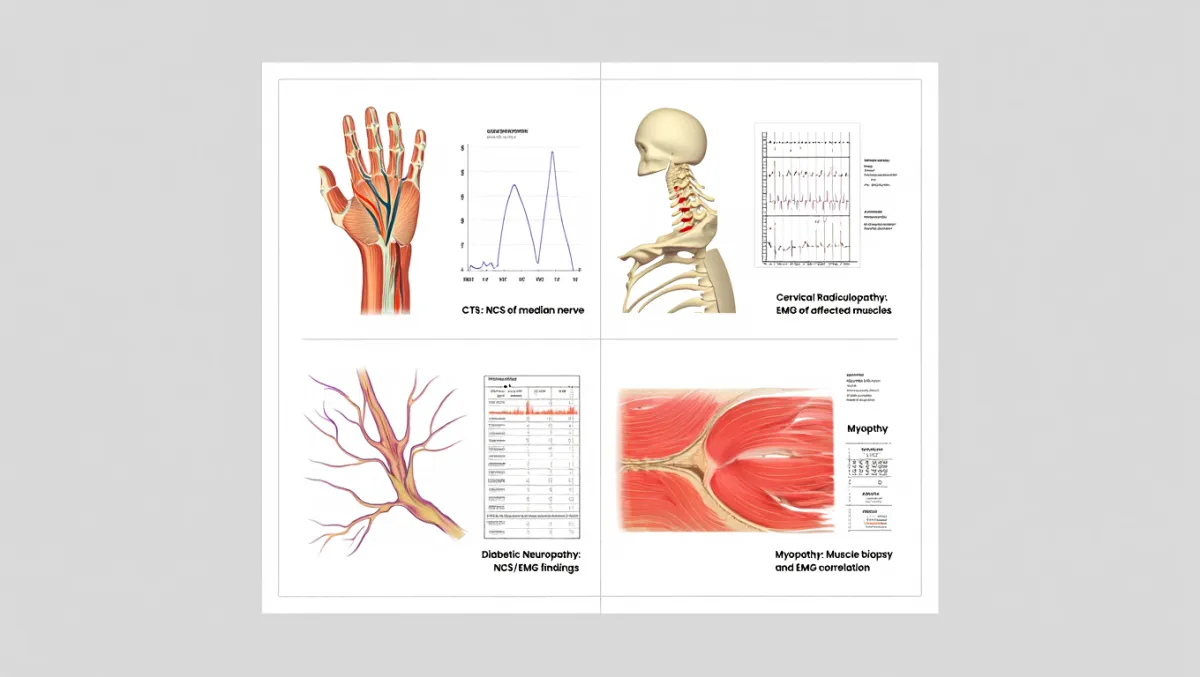
What to Expect During the Test
Nerve Conduction Study (NCV):
Small electrodes are placed on the skin
A mild electrical impulse stimulates the nerve
Sensors record how fast and strong the nerve responds
Electromyography (EMG):
A fine sterile needle electrode is inserted into specific muscles
Electrical activity is recorded at rest and while you gently contract the muscle
The test helps identify denervation (loss of nerve supply) or abnormal muscle response
Patient comfort: Most people describe NCV as a quick “tap” or “tingle.” EMG needles may cause brief soreness, but the procedure is generally well tolerated.
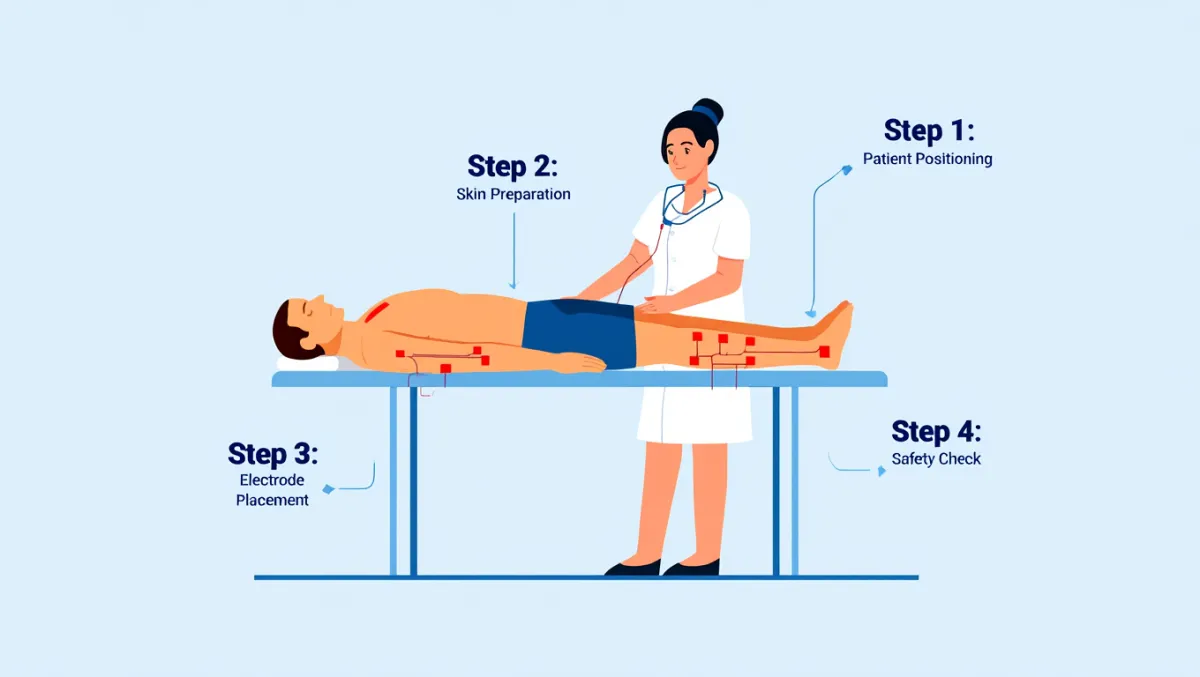
Benefits of EMG/NCV
Pinpoints whether pain, numbness, or weakness is due to a spinal nerve root or another nerve issue
Differentiates between nerve injury, muscle disease, and systemic conditions
Provides objective data to confirm imaging findings
Helps guide whether non-invasive, interventional, or surgical treatment is best
Risks and Limitations
Mild discomfort or bruising at needle sites
Temporary tingling from electrical stimulation
Rare risk of infection at EMG insertion sites (minimized with sterile technique)
Not a stand-alone test — results must be interpreted alongside history, exam, and imaging
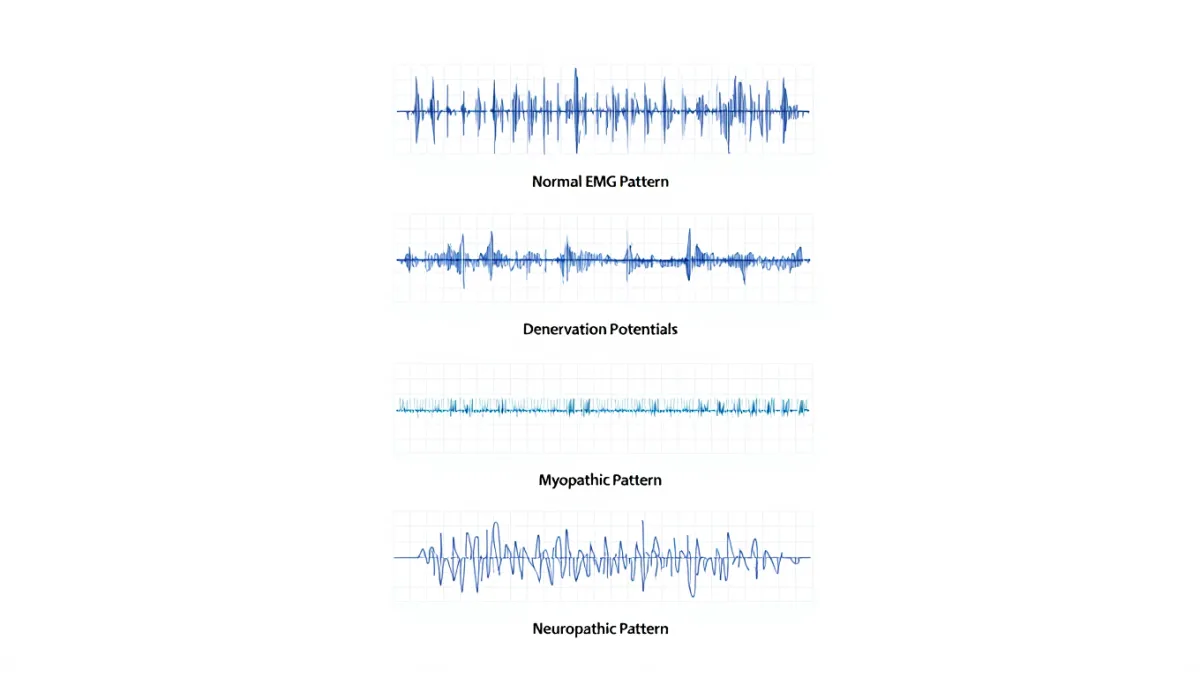
Recovery Timeline
No downtime is required
Some mild soreness may last for a day or two at needle sites
Patients can resume normal activity immediately after testing
Why Choose Desert Spine and Pain?
Expert interpretation – Dr. Greenwald combines EMG/NCV results with imaging and exam findings for unmatched diagnostic accuracy
Targeted treatment planning – Results guide whether you need PT, injections, or surgery
Comprehensive approach – All diagnostics and treatments under one roof
Compassionate care – We explain your results clearly so you feel reassured, not confused
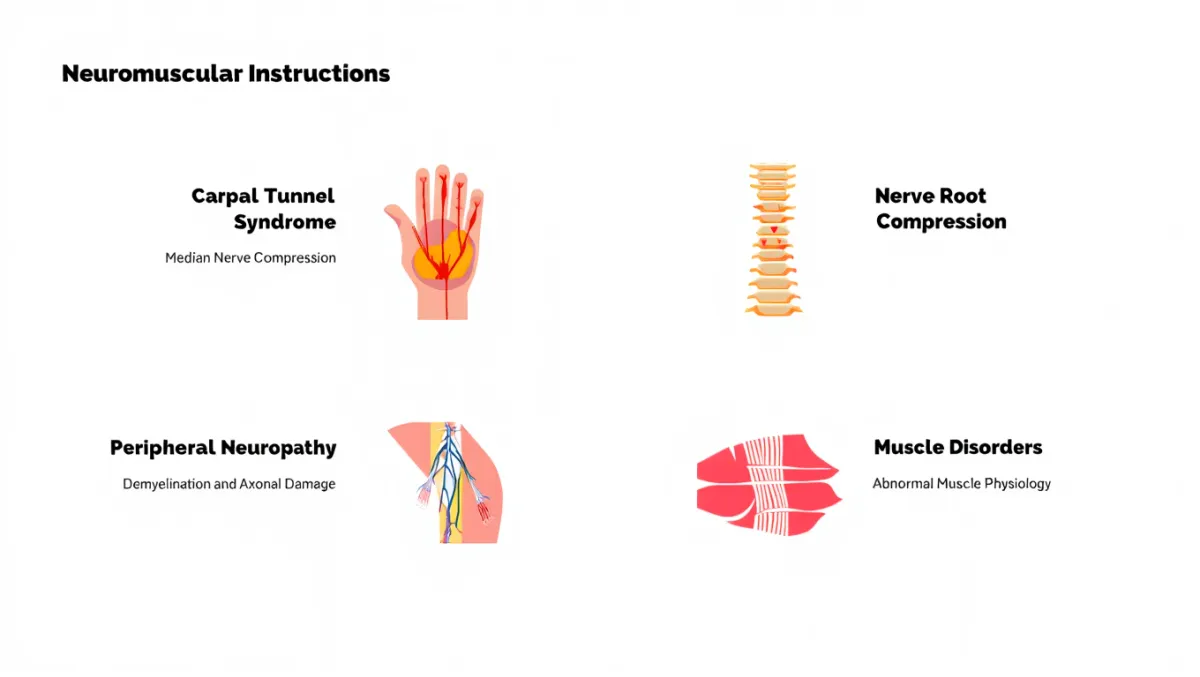
Frequently Asked Questions
Does EMG/NCV testing hurt?
There may be brief discomfort from electrical impulses and small needle insertions, but most patients tolerate the test well.
How long does the test take?
Typically 30–60 minutes, depending on how many nerves and muscles are tested.
Can EMG/NCV testing confirm a pinched nerve?
Yes. It helps confirm whether symptoms like sciatica or arm pain are due to spinal nerve compression.
Is there any recovery time?
No. You can resume normal activities right away.
How does Desert Spine and Pain use EMG/NCV differently?
We use it as part of a comprehensive spine evaluation—integrating results with imaging and Dr. Greenwald’s neurosurgical expertise to ensure the right diagnosis and treatment.


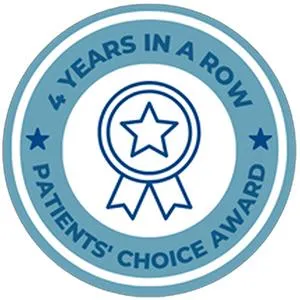

Dr. David L. Greenwald, MD
Neuro-Spine Surgeon


Call Now!
Desert Spine and Pain
A Spine Specialist is standing by.
Relief is just a phone call away!
Available Around the Clock.
Phone: (602) 566-9500
Email: [email protected]
Contact Us

Get Tested for Pain.
If you’re experiencing nerve-related symptoms, EMG/NCV testing can provide critical answers about the cause of your pain or weakness. Dr. Greenwald and his experienced team will guide you through the diagnostic process and ensure your results are interpreted accurately to create an effective treatment plan. Every step you take toward understanding your condition brings you closer to relief and recovery. Schedule your consultation today and take the first step toward restoring your nerve and spine health.
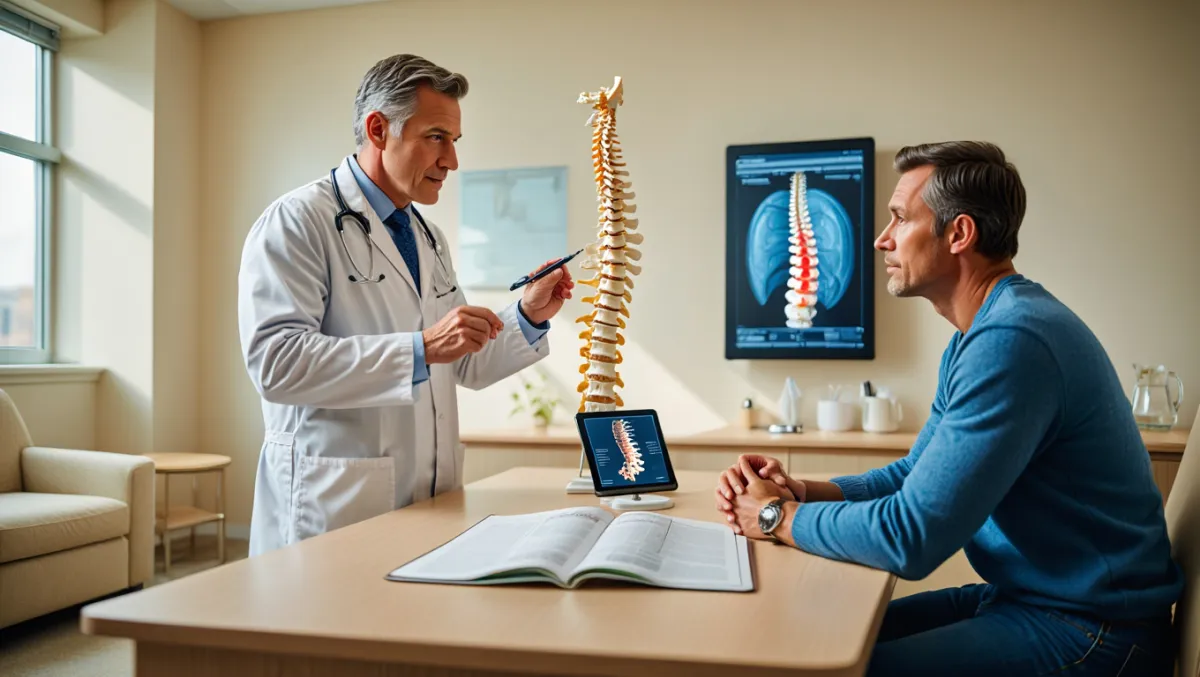
Voted Best Spine Doctor
Over 30 Years Experience in Orthopedic & Neuro Spine Surgeries.

Dr. David L. Greenwald, M.D., F.A.C.S.
Neurosurgeon | Spine Surgeon | Regenerative Medicine
Dr. David L. Greenwald, MD, FACS, is a board-certified spine surgeon who frequently utilizes EMG/NCV diagnostic nerve testing to accurately identify nerve injuries or compression related to spinal conditions. Electromyography (EMG) and nerve conduction velocity (NCV) studies measure how well the nerves and muscles are functioning, helping pinpoint the exact source of symptoms such as pain, numbness, tingling, or weakness. These tests are often essential in diagnosing conditions like radiculopathy, neuropathy, or nerve damage from disc herniation or spinal stenosis. Dr. Greenwald integrates EMG/NCV results with advanced imaging and clinical evaluation to develop precise, individualized treatment plans that lead to better outcomes for patients throughout South Florida.
Book your Spine Care Consultation Today!


Desert Spine and Pain
Patient Centered & Partner Focused
Quick Links
Resources
Connect With Us
© Desert Spine and Pain. 2026. All Rights Reserved. Sitemap





